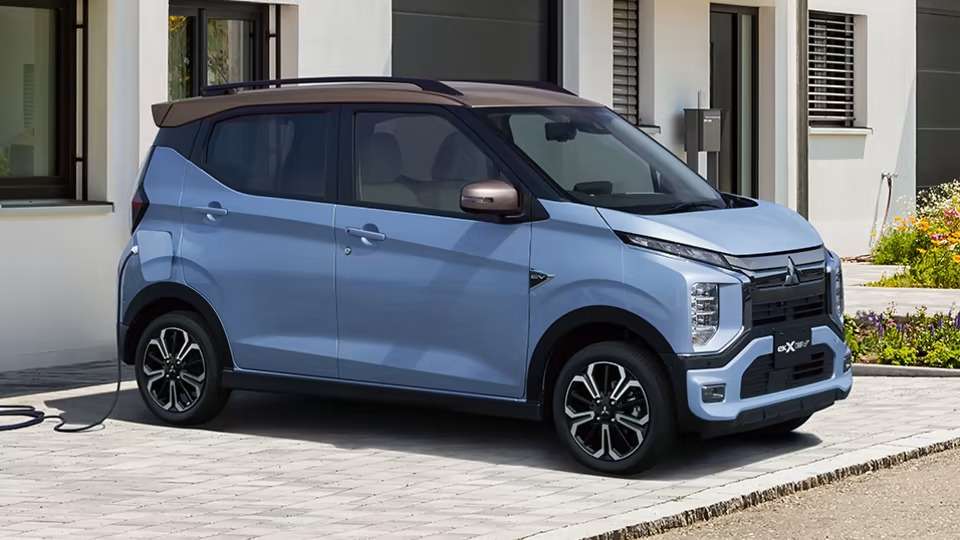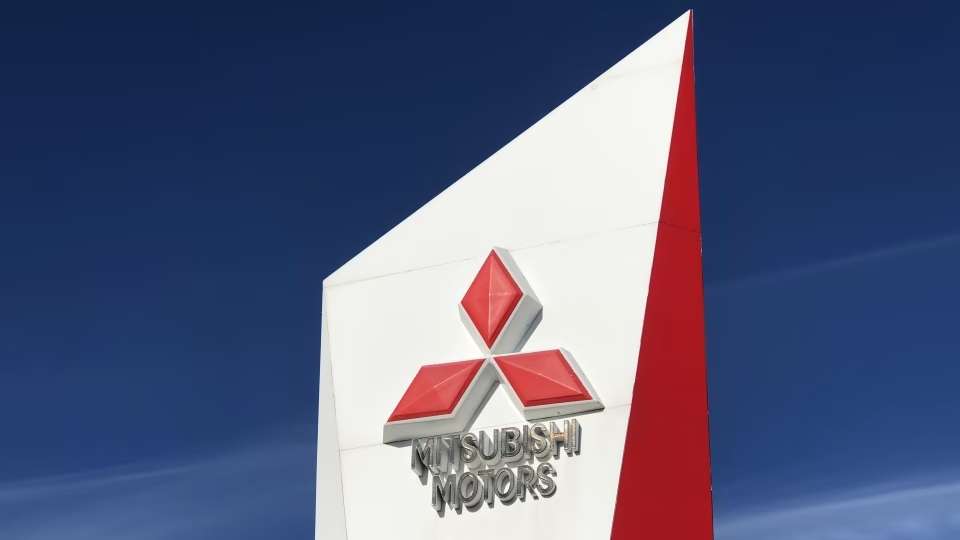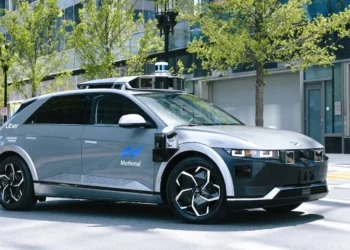Japanese automaker Mitsubishi has taken another significant step to scale back its global business after announcing it will suspend its operations in China, the world’s biggest car market.
The shock exit comes as Mitsubishi shifts its focus to manufacturing cheaper vehicles for developing countries like Ghana where there are less stringent safety and emissions standards.
The only remaining “mature” markets Mitsubishi is represented in significant numbers is the US, Japan and Australia.
According to Mitsubishi, it has a reasonable, though not huge foothold in Thailand where the Triton pick-up and Pajero Sport are made. But the company is no longer in India, one of the world’s largest right-hand-drive markets.
Mitsubishi sales in North America are not much better than in Australia (85,000 last year), and the company’s Japanese sales are dominated by tiny ‘Kei’ cars that don’t meet global safety standards.

With Mitsubishi participating in fewer advanced countries, it is becoming increasingly likely the company could end up with a three-vehicle showroom in some developed countries – Mitsubishi Triton, Mitsubishi Pajero Sport, and Mitsubishi Outlander – by the end of the decade once the ageing Mitsubishi ASX and Mitsubishi Eclipse Cross reach the end of the line.
Meanwhile, it is possible Mitsubishi could supplement its local line-up with a rebadged Renault Captur and sell it as an ASX replacement as is the case in Europe.
China’s Shift from Petrol Cars to Electric Vehicles
In a statement, Mitsubishi Japan said China’s shift from petrol cars to electric vehicles has accelerated the company’s sales decline in that market.
“In the past few months, management and shareholders have tried to the best of our ability, but due to market conditions and with great reluctance and regret, we must seize the opportunity to transition to new energy vehicles. The company will resurrect after going through trials and tribulations,” the Mitsubishi memo said.
Industry analysts say Mitsubishi could be only the first of many Japanese automotive brands forced to exit the world’s biggest car market amid their limited electric vehicle options.
“Honda and Nissan sales in China have been falling for at least two years, while Toyota’s deliveries last year declined for the first time in a decade,” analysts said. According to reports, Mitsubishi’s annual sales in China peaked in 2019 with approximately 134,500 deliveries.
Mitsubishi produced 34,575 vehicles in China in 2022, a rate that dwindled to 1530 in January and then to zero in April, reports stated. However, Mitsubishi has one electric SUV in China, called the Airtrek, of which only 500 were sold last year.
Earlier this year, Mitsubishi announced plans to electrify the entire range of cars it sells globally by 2035 and invest as much as ¥1.8 trillion ($US13 billion) in its shift to electric vehicles.
Analysts say Japan’s reluctance to embrace electric cars “has claimed its first casualty.” Sam Evans, who hosts The Electric Viking show, said other Japanese car makers may soon also be forced to exit China unless they ramp up electric-car production.
China is fast moving to renewable energy as more than 2 million electric vehicles have been sold in China so far this year, an increase of 50 per cent compared to the same time last year.
READ ALSO: Putin To Miss BRICS Summit Over ICC Arrest Warrant





















